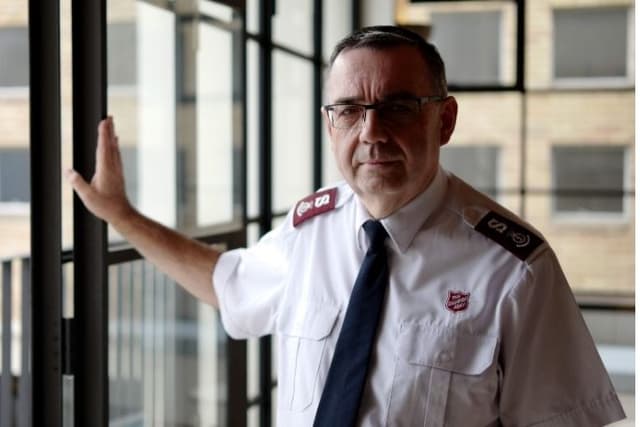
Life After The Oasis - Activating Citizens in Our Community
Lesson2 of 6 in this unit
SecondaryYear 9 - 10Humanities and Social SciencesCivics and CitizenshipSocialEqualityHomelessnessHuman RightsSocial Action
Summary
Lesson Guides and Printables
Lesson Plan

Student Worksheet

Teacher Content Info
